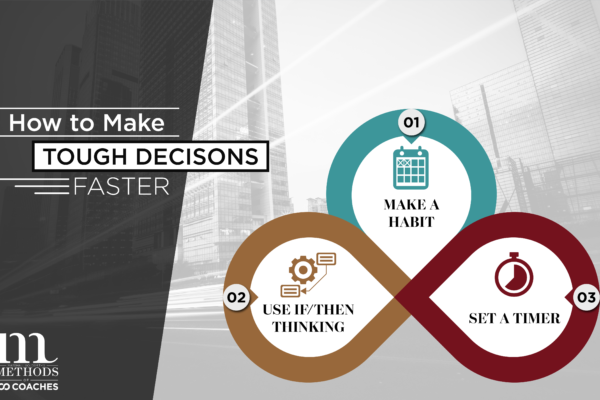Have you ever felt that, despite your best efforts and purest intentions, you don’t truly deserve to be where you are? Or have what you have? Have you ever felt that, despite your particular successes in life, you’re only fooling those around you into believing that you’re more capable than you are, and that’s why you’ve achieved what you have? If the answer to any of these questions is “yes,” you’ve likely experienced what is known as “imposter syndrome,” and you’re not alone. Chances are, too, that this very thing has held you back from advancing in your career; imposter syndrome sabotages our self-esteem and confidence, making us doubt every aspect of our lives. This stalling can cause stagnation, and ultimately lead to complacency.
The concept of imposter syndrome was discovered by psychologists Pauline Clance and Suzanne Imes in 1978, after an exhaustive study of the behavioral aspects of high-achieving women. Their study’s abstract defines the condition as such:
“The term impostor phenomenon is used to designate an internal experience of intellectual phonies, which appears to be particularly prevalent and intense among a select sample of high achieving women. Certain early family dynamics and later introjection of societal sex-role stereotyping appear to contribute significantly to the development of the impostor phenomenon. Despite outstanding academic and professional accomplishments, women who experience the imposter phenomenon persist in believing that they are really not bright and have fooled anyone who thinks otherwise. Numerous achievements, which one might expect to provide ample object evidence of superior intellectual functioning, do not appear to affect the impostor belief. Four factors, which contribute to the maintenance of impostor feelings over time, are explored. Therapeutic approaches found to be effective in helping women change the impostor self-concept are described.”

While the focus of the study was on high-achieving women experiencing this syndrome, later studies showed that it’s an equal opportunity phenomenon; it affects men, too. However, for the purpose of this article, we’re going to focus on how women are specicialy more affected by this phenomenon due to the additional pressures placed on women in society.
Regardless of who it affects, it’s clear that imposter syndrome can seriously hurt your career and your mental state. So what can be done to avoid experiencing imposter syndrome? Here are three easy tips to help assuage some of these negative effects:
1. Let go of perfectionism.
High achievers are often perfectionists; their standards for themselves are set ridiculously high, hence why they achieve as much as they do. The double-edged sword, here, is that the pressure on yourself to be absolutely perfect is causing you to feel like you’ve fallen short. “Perfect” doesn’t exist—and certainly not in humans.

2. Track your accomplishments.
One way to help alleviate the feeling of imposter syndrome is to measure your outcomes and progress. Keep a private document of all the work you’ve done to accomplish your tasks, and when you’re feeling like you’re undeserving of any accolades, you can reference the document and know that you truly worked hard for your accomplishments.
3. Stepping out of your comfort zone.
Think of this tip as a way to combat your imposter syndrome head on; try stepping out of your comfort zone and saying “yes,” to something you might not usually. We often say “no” to business opportunities or other important ventures simply because we don’t feel like we’re “qualified” to do it. While this may be rooted in a very logical and straightforward reasoning, it will prevent you from ever doing anything truly amazing if you’re unwilling to take risks.

If you’re struggling with imposter syndrome, don’t be afraid! Try some of the tips mentioned above to help alleviate symptoms of Imposter Syndrome. To help remedy this phenomenon even more, check out Sally Helgesen’s Methods course on the 12 habits that hold women back from advancing in their careers. She dives deep into imposter syndrome, and other common challenges faced by women in the workplace, to offer you a clearer picture of how you can rise above these challenges and advance your career.





